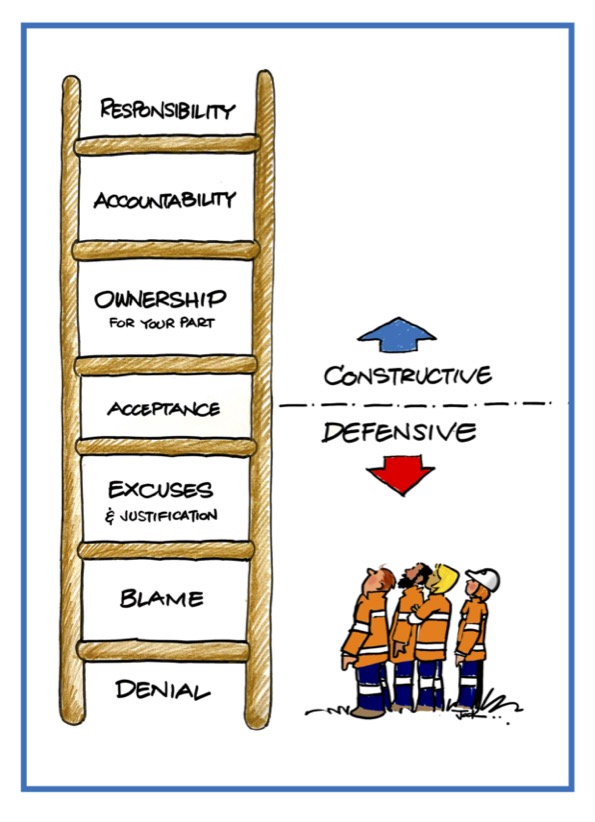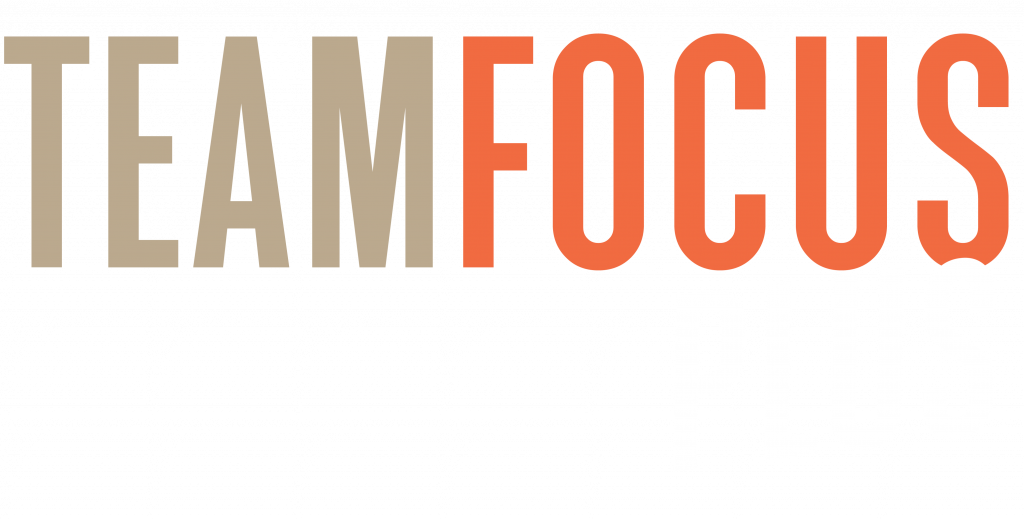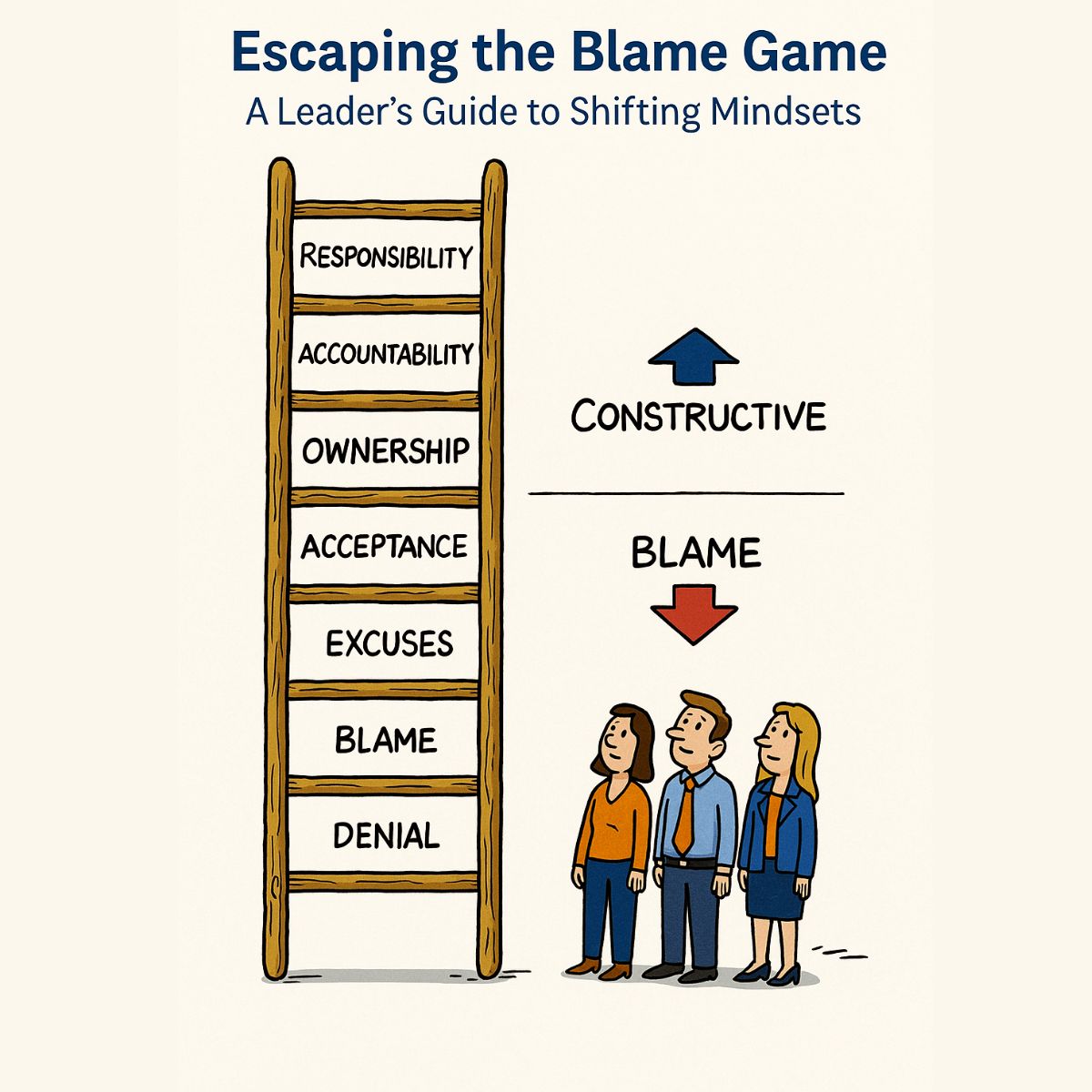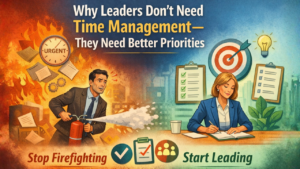Blame Culture Is Holding Your Team Back
You’ve heard the excuses before:
“It’s not my fault.”
“That’s not my job.”
“That’s above my pay grade.”
These aren’t just throwaway comments—they’re warning signs of a blame culture in teams. When people avoid responsibility, real issues stay hidden, progress stalls, and collaboration breaks down.
Blame, excuses, and denial don’t just waste time. They erode trust, damage morale, and prevent high performance. If this is happening in your workplace, it’s not a performance problem—it’s a culture issue.
Why Confronting It Doesn’t Work
It’s tempting to call it out directly—but most leaders find that approach backfires. The moment you point fingers, people become defensive. They dig in, deny responsibility, or shift blame elsewhere. You end up in an argument instead of making progress.
To create real culture change in Australia’s workplaces, you need a smarter approach—one that promotes ownership without judgement.
A Powerful Tool: The Constructive Ladder
We use a simple but powerful tool to help leaders build trust in teams and promote workplace ownership—the Constructive Ladder.
You may be familiar with similar frameworks like “Above the Line/Below the Line” or “BED & OAR,” but this one introduces a critical concept: movement without judgement. It’s not about calling someone out—it’s about helping the team climb up together.
The Ladder Includes These Rungs:
Denial
Blame
Excuses
Acceptance
Ownership
Accountability
Responsibility
The goal isn’t to label people—it’s to help them see where they are and how to move up, one step at a time.
How to Use It with Your Team
Present the model in a supportive, non-judgemental way. Everyone lands on every rung at some point—what matters is progress, not perfection.
Ask powerful, open-ended questions:
“Where are we spending most of our time?”
“Where do we want to be?”
“What would it take to move one rung up?”
These conversations create clarity and momentum. They shift your culture from blame to team accountability strategies that work long-term.
Why It Matters
Teams that spend more time in ownership and accountability outperform those stuck in blame and excuses. People respect leaders and peers who take responsibility. And that respect translates to better results, stronger collaboration, and real engagement.
Think about your average politician—do they inspire trust? Or do they get stuck blaming others?
Now think about your own team—what would be possible if you replaced blame with belief in their own power to make change?
Final Thought
Next time someone says, “That’s not my fault,” don’t argue. Don’t push back.
Show them the ladder. Invite them to climb.
Because leadership mindset isn’t about pointing fingers—it’s about guiding people to step up, own the outcome, and contribute to something greater.
That’s how you stop the blame game, shift culture, and win as a team.
Ready to Help Your Team Climb Higher?
If you want to transform your team culture, we offer coaching, workshops, and practical tools to shift mindsets and drive real accountability.
📞 Call 1300 551 274
📧 Email team@teamfocusplus.com
Explore our Leadership and Culture Programs today—because trust, ownership, and accountability aren’t just goals. They’re skills you can build.






